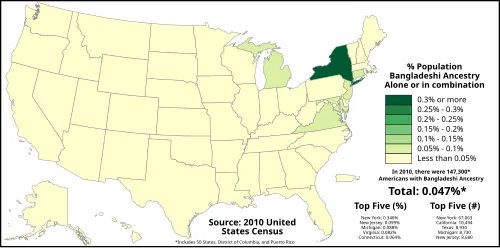
Understanding the Day of National Recognition for the Harkis in France
The Day of National Recognition for the Harkis is observed annually in France on September 25. This day serves as a poignant reminder and a significant moment for the recognition of the Harkis, who played a vital role during the Algerian War. Commemorating the sacrifices made by these individuals is essential for understanding France's complicated history with Algeria and the ongoing discussions about national identity and memory.
Who Are the Harkis?
The Harkis were Algerian citizens who served as auxiliaries to the French military during the Algerian War (1954-1962). In total, an estimated 150,000 Harkis supported French forces, risking their lives in the process. After Algeria gained independence in 1962, countless Harkis faced persecution and violence from their fellow compatriots, leading many to seek refuge in France.
The Historical Context
The Algerian War was marked by brutal violence, with deep-rooted ethnic tensions and political strife. For the Harkis, choosing to support the French was a significant act of loyalty that resulted in dire consequences after the war. Many were abandoned by France after the end of colonial rule, facing discrimination and ostracism in both Algeria and France.
Significance of the Day of National Recognition
The Day of National Recognition serves several important purposes:
- Commemoration: It honors the bravery and sacrifices of the Harkis who fought alongside French troops, shedding light on their contributions.
- Awareness: This day raises awareness about the historical injustices faced by the Harki community, many of whom encountered significant hardships after the war.
- Reconciliation: It seeks to foster a dialogue around the sensitive topics of colonialism, memory, and identity in contemporary France.
Governmental Recognition
In 2001, the French government officially recognized September 25 as the Day of National Recognition for the Harkis. This acknowledgment marked a turning point in the government's stance towards the Harki community and reflects France’s growing commitment to confront its colonial past. Various events, including ceremonies, speeches, and discussions, are organized on this day across the country to honor the Harkis.
Challenges Ahead
Despite the recognition, the Harki community still faces numerous challenges. Many Harkis and their descendants feel marginalized within French society. Issues such as integration, memory, and the quest for justice remain pertinent, as many Harkis experienced deep-seated trauma and exclusion from societal narratives. Efforts to promote their stories and experiences are ongoing, yet significant work remains to be done.
Conclusion
The Day of National Recognition for the Harkis is more than just a day of remembrance; it is a crucial opportunity for France to reflect on its colonial past and its implications today. Recognizing the contributions and sacrifices of the Harkis enables a broader conversation about inclusion, justice, and the rewriting of historical narratives in a way that acknowledges the complexity of colonial relationships.
As we observe this day each year, it is vital to remember the importance of collective memory and healing, ensuring that the sacrifices of the Harkis are not forgotten but are well integrated into the national conscience.



